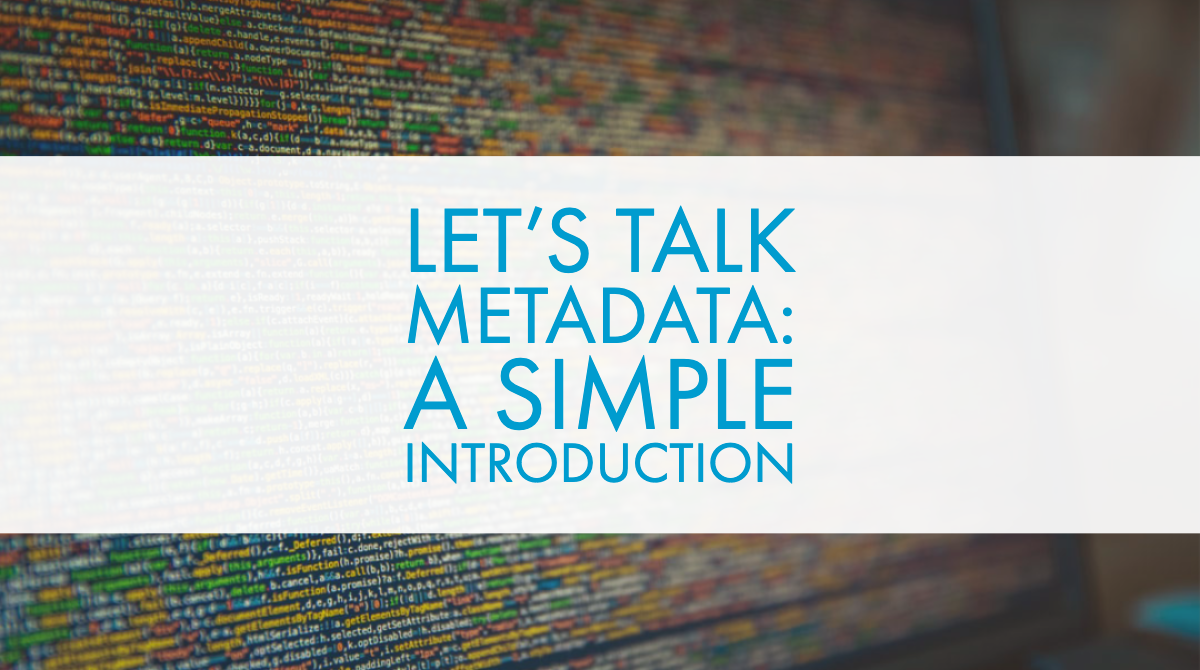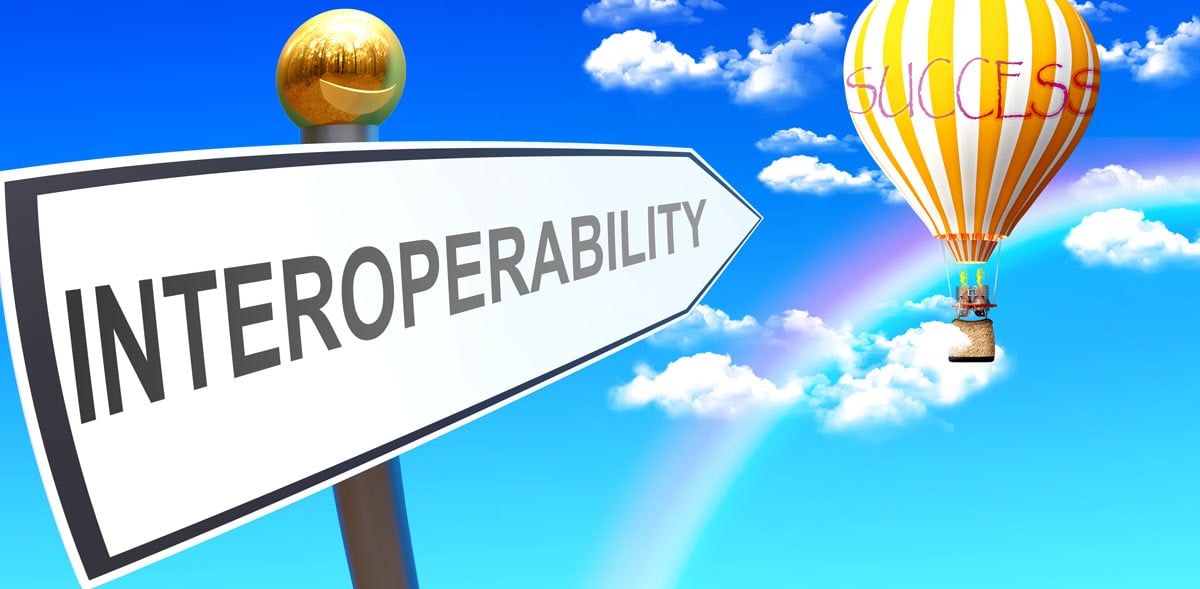Though undoubtedly a controversial figure, Edward Snowden brought metadata out of tech team only dialogue and into the public domain in 2013, albeit in a terrifying manner. Since then, even non-technical print-only content creators are beginning to understand that metadata is a powerful element. It’s informative, digestible, searchable, and most importantly, predictive.
But we’re talking about educational materials here, not public surveillance. So why should you, as a digital content producer, care about metadata? For starters, metadata is doing to the EdTech industry what Netflix did to the movie rental industry. Do we have your attention now? What are you and your developers doing to leverage this powerful tool?
What is Metadata?
Metadata is, simply put, data describing data. Michele Linn, of the Content Marketing Institute, perhaps gives the best summative description:
“Metadata helps content creators provide better connections so they can reveal related content to their audience, and it makes those connections much more precise.”
Essentially, the use of metadata for content developers is a benefit rather than an obstacle to overcome. The education community should treat it as such, too. Metadata has the power to connect students and instructors with assessments and content that are tagged to their grade, subject, topic, level of competency, sets of skills, and even state standards.
The Reason for Now
Metadata is becoming an increasingly important buzzword as the open educational resource (OER) community begins to garner attention. According to the Babson Survey Research Group in their studyOpening the Textbook, while public acceptance of OER is still low, the rising need for accessible, low-cost solutions is climbing higher each year. However, one of the biggest roadblocks around OER from going mainstream is its searchability. The survey states that 48% of educators reported their hurdle in going open was that open content was “too hard to find.”
Google, in all of its infinite power, cannot instinctively assist a 7th grade teacher in New Mexico in finding the best activities to align their social studies class with their state standards or common core - yet.
Who's Who in Metadata Management
So who are the big names in metadata these days? Well, organizations like the Learning Registry - backed by the U.S. Department of Education and the Department of Defense - are beginning to pick up steam.
According to their site, the Learning Registry makes finding, assigning, and aligning assessments easier “by acting as an aggregator of metadata, including the publisher, location, content area, standards alignment, ratings, reviews, and more.” This is truly an open experience for metadata, one that will allow instructors to search for activities that suit their students and their standards for measuring progress. It will also allow for app developers to come into this open environment for further improvements such as ratings systems, learning path creation, and more. No wonder why Amazon’s new open educational search platform, Inspire, aims to take full advantage of it.
Another important name to follow is OpenEd. Similar to the Learning Registry, this is a catalog of meta-tagged learning objects. The difference is that OpenEd, though student- and instructor-facing, also has invested in an API for tagging within publisher-created systems. In fact, Pearson, as of October 2016, is partnering with them through Pearson Realize, their K-12 LMS.
Where Do I Begin?
Metadata tagging is here. But who is in charge of it on your team? Whether you keep the tagging workflow internal, or outsource to contracted professional tagging companies, a plan is required. You need a system that allows for both simple tags and complex learning outcomes, like MyEcontentFactory. Storage of metadata tags across projects is pivotal for consistency sake. Just getting started with metadata? Start small, perhaps look to your own state standards for your subject matter, or those of your top customers.
The metadata conversation is just beginning. Need help getting started or improving your current process?






Leave a comment